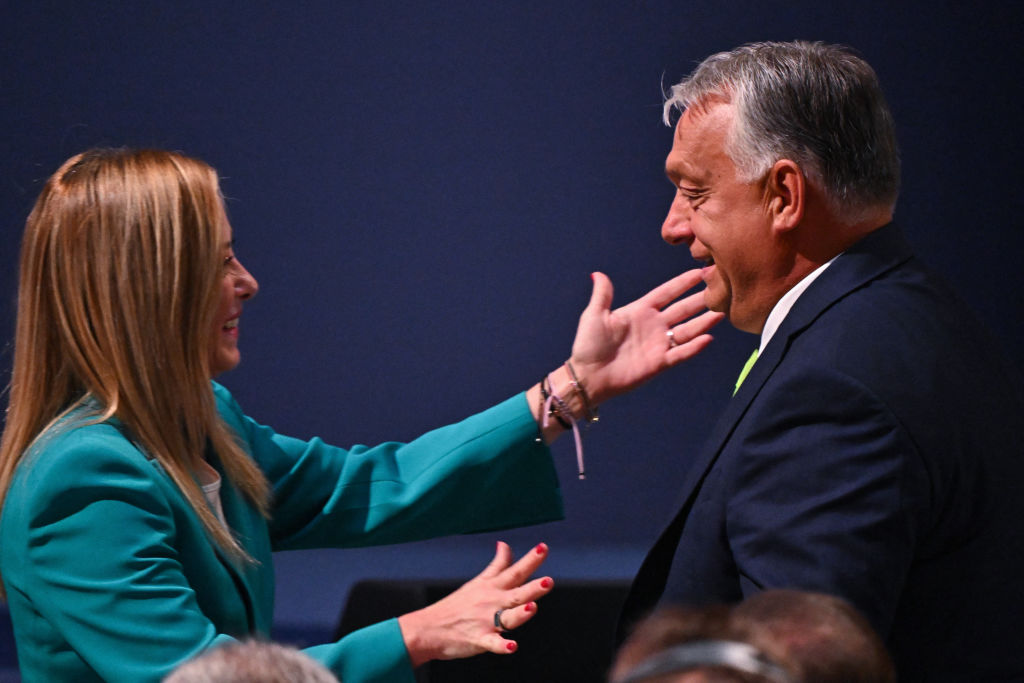The Right is on the march across the continent, declared worried liberals and ecstatic conservatives alike as the results of the elections to the European Parliament came through on Sunday night. “No!” say others — the centre held, that is the story, and it was the Greens and the Liberals which performed badly. “No!” comes the reply to this — just look at the results in Scandinavia where the Greens and the Left outperformed expectations. And on and on we go.
But how can all this be true at the same time? Because Europe is large, it contains multitudes. The most straightforward answer is that Europe is not yet a single functioning polity with a single functioning demos stretching over the continent. In Poland, for example, Donald Tusk’s pro-European centrist party performed well with a campaign painting the opposition as soft on Russia. In Italy, meanwhile, the apparently “populist” but pro-Ukrainian Giorgia Meloni triumphed, while in France Marine Le Pen’s Russophile National Rally secured an astonishing victory over Emmanuel Macron.
In one sense, then, the story of European politics is that it remains astonishingly national. Despite the best efforts of reforming federalists over the years, there are no Europe-wide parties for voters to endorse or oppose. Instead, each country elects to the European Parliament its own national parties, reflecting each country’s specific national politics. In Spain and Portugal, for example, there was no significant populist surge, with the old parties of centre-left and centre-right reasserting their dominance at the expense of the new anti-establishment parties which once looked likely to replace them.

